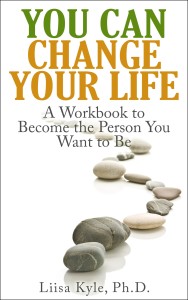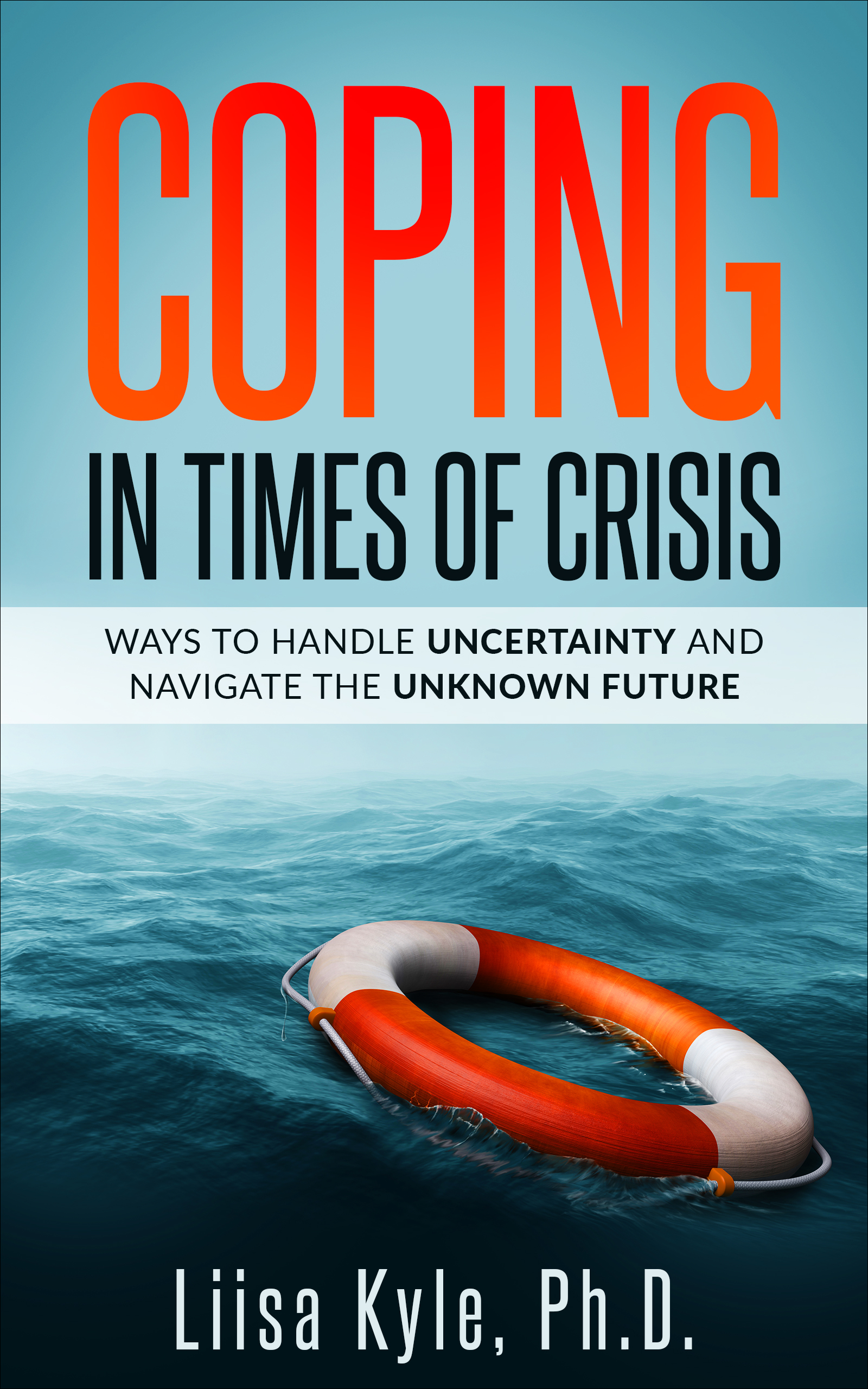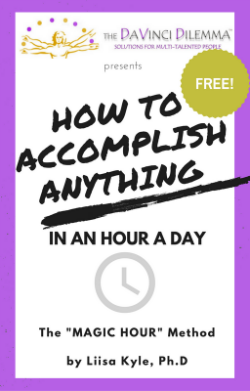Are you under stress? Of course you are! You’re a DaVinci — a smart, creative person juggling many talents, projects and ideas. By definition, you are experiencing different tensions and responding accordingly.
Some stress is good — it helps us get things done, make deadlines, be excited about a project, even develop innovative solutions to challenges. Without a moderate amount of stress, our lives would be boring and unproductive.
However, given all we’ve got going on, DaVincis are likely to dip over the edge into excess stress. This is a less helpful, less healthy state in which our circumstances seem overwhelming, our brains frazzle and our bodies rebel.
Step One is to recognize how you respond to excess stress. This varies from person to person, so take a moment to reflect on your own unique responses to excess stress.
Activity: Imagine a time when you were under undue pressure. Pretend you’re back in this situation. Answer the following:
1. How do you feel, physically? What parts of your body bear the burden? Do you get headaches? Stomach trouble? Difficulty catching your breath? Do you experience any ‘fight or flight’ rushes of adrenaline?
2. How does your mind respond? Any repetitive thoughts? Do you dive into problem solving or scenario building…or does your brain seem to shut down? Does your thinking become scattered? What happens to your concentration or focus?
3. How do your behaviors change under stress? What actions do you take? Is your sleep disrupted? Are you prone to stress eating? Do you self-medicate with booze or something else? Do you avoid what’s going on? Do you procrastinate? Is it hard to sit still?
4. What is the first symptom you tend to notice? One coaching client finds himself napping for no apparent reason. Another one feels an overwhelming need to clean and organize her workspace. My own first tell-tale sign is an unhealthy, mindless consumption of popcorn. Lots and lots of popcorn.
Once you recognize your own unique signs of stress, you can address it.
For most DaVincis, it’s helpful and important to include stress-reduction activities into your regular schedule. By doing so, you can avoid or minimize the psychological and physiological consequences of excess stress.
Here are some examples that my coaching clients find effective:
* take five minute mini-breaks every 60 or 90 minutes
* get moderate exercise every day. Make a point of standing up when possible. Take stretch breaks. Find ways to walk more — even fifteen minutes a day can make a difference. A pedometer is a great way to aim for a target distance or number of steps every day.
* take 2 or 3 minute mediation breaks several times a day.
* indulge in regular simple pleasures
* take good care of your health
* spend time in nature
* indulge in good self-care. For some this might be a weekly massage or other pampering. For others this might mean allowing yourself to nap when needed.
* do something that makes you laugh — watch a comedy or get together with fun friends or find other things that make you laugh our loud
* socialize. Connect with people you care about. Express affection. Cuddle your pets.
By making regular stress-reduction a part of your week, you’ll feel happier and healthier — and you’ll get more done.
Yet there will be times in your life when stress amps up beyond the norm. Major changes — both good and bad — can become overwhelming. Maybe someone close to you become injured or sick or dies. Perhaps you experience an upheaval at work or a job loss or are thrust into a new, unfamiliar role that’s overwhelming. It could be a relationship shift — falling in love and getting divorced can be equally disruptive. Maybe a project implodes — or you move — or a new family member becomes part of your life.
Any of these things can cause a tsunami of stress requiring a different kind of intervention.
Here are some recommended techniques to manage excessive stress when it arises:
* recognize what’s going on — that you are in an excessively stressful situation. To the extent possible, define the boundaries. For example, when starting a new job or a new relationship, allow an appropriate ‘introductory’ period when you know you’ll be in for an onslaught of information and random emotions. When challenges arise, remind yourself of the short-term impact . . . and if possible, the long-term benefits.
* understand that you will be experiencing a random mix of thoughts and emotions. There’s no logic to it. It just is.
* be very kind and gentle with yourself. Be your own best friend. Treat yourself the way you would treat a loved one going through the same circumstances.
* do less . . . ideally as little as possible. When my mother passed away, I was incapable of handling my normal ‘to do’ list. Instead, I focused on one essential task a day — and some days it was something like ‘shower’. If I happened to get something else done, that was a bonus. Rather than beating yourself up, accept that it’s okay to be off-track for the short-term. As things stabilize, you can take more on.
* do what soothes you. For some it’s exercise or time in nature. For others it’s petting their dog or cuddling their child. Some paint or listen to music. For me, curling up with a book is calming and also a way to override whatever jumble of thoughts are in my head.
* understand that it’s natural for your sleep to be affected. There’s no need to panic if you experience sleep disruption. Here’s what to do if you can’t sleep.
* get help. Under no circumstances do you need to go through uber-stressful times solo. Tell your friends, family and colleagues what you need. Be open to assistance that comes from unexpected places . . . and be forgiving of those who don’t step up.
* get support. Find the community, spiritual, personal or professional help you need. There are support groups and professional services for every conceivable challenge.
Stress is a part of human existence. When it flares up, take good care of yourself. When things get back to normal, look for ways to reciprocate to those who got you through.
*****
*****
Want to re-publish this article? Go for it – just include the author’s name, a link to this original post and the following text blurb:
Are you struggling with too many talents, skills, ideas? You may have The DaVinci Dilemma™! Find tools, fun quizzes, coaching, inspiration and solutions for multi-talented people at http://www.davincidilemma.com/ .





I rarely feel the bad kind of stress. It takes a whole lot to stress me out. But on the occasions when I do, I usually notice it because I get cranky, unmotivated, and tired.
Linda Ursin recently posted..How to make the holidays great for the kids